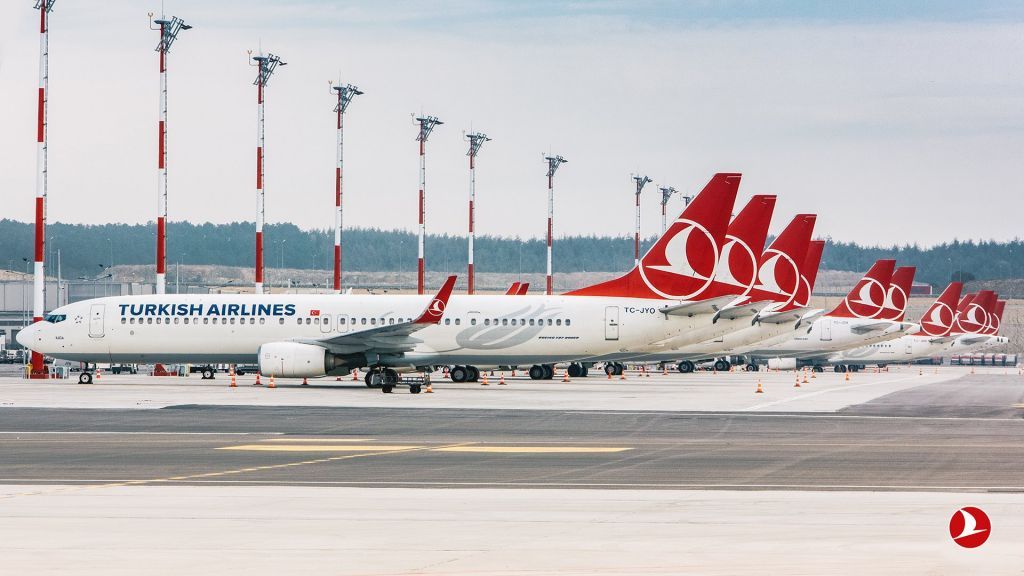Revealed at Aircraft Interiors Expo (AIX) in Hamburg, Ethiopian Airlines, the fastest-growing airline brand globally and the continent’s largest airline brand, will offer advanced, high-speed inflight broadband to passengers onboard its upcoming Airbus A350-1000 aircraft, with GX Aviation provided by Inmarsat, recently acquired by Viasat, and selected through the Airbus Airspace Link HBCplus programme.
As one of the launch airlines for inflight connectivity (IFC) through Airbus’ HBCplus programme, Ethiopian Airlines will benefit from a more streamlined, efficient order process that will ensure its latest aircraft meet the rapidly growing passenger demand to stay connected while flying.
Inmarsat’s latest Passenger Experience Survey found that 97% of respondents use their personal devices on flights for entertainment, such as streaming movies and TV shows, keeping up with work, and to stay in touch with family and friends. In addition, 82% of passengers are more likely to rebook with an airline that offers quality inflight Wi-Fi.
The first of Ethiopian Airlines’ Airbus A350-1000 aircraft is set to be delivered in the Third Quarter (Q3) of 2024, with passengers able to benefit from GX Aviation’s world-class connectivity technology. This supports the airline’s Vision 2035 Strategy which focuses on expanding its fleets, enhancing its passenger experience and maintaining its leading position in the airline industry.
Regarding the new service, Ethiopian Airlines Group CEO Mr. Mesfin Tasew said, “As we endeavour to maintain our position as Africa’s number one and among the leading airlines globally, we know one of the key success factors is giving our passengers the best possible onboard experience. Connectivity is a crucial part of our services and products; and bringing Inmarsat’s best-in-class GX Aviation service to our passengers, as part of Airbus’ HBCplus programme, is a major step forward. We want to give our passengers the possibility to stream, surf, and chat from thousands of feet in the air, no matter where their route or destination is. Inmarsat’s seamless, truly global inflight connectivity will be vital to deliver this. We look forward to a very successful partnership with Inmarsat and Airbus, now and in the years to come.”
Niels Steenstrup, President, Aviation, Inmarsat, said: “We were selected as the first managed services provider (MSP) for the Airbus HBCplus programme last year, with a scope that includes connectivity, digital portal services and ISP capability. The fact that we have already been selected by two leading airlines is a great achievement and we are excited about delivering our award-winning GX Aviation inflight broadband to Ethiopian Airlines’ passengers starting from next year. This will enable them to stream videos, browse the internet, shop online, enjoy social media and more, all from the comfort of their seats and using their personal devices.”
Andre Schneider, Airbus VP Cabin and Cargo Programme, said: “We are delighted that Ethiopian Airlines has selected our agnostic and flexible high-bandwidth connectivity solution – HBCplus. This is further endorsement from our valued airline customers of the confidence they place in Airbus to devise and integrate enhanced inflight capabilities for their passengers to experience. Airspace Link HBCplus provides satcom based off-board connectivity for the Airspace Link open ecosystem, available both in linefit and retrofit. Initially encompassing Ka-band services, it will enable the airline to connect to a choice of Managed Service Providers (MSPs), in this case with Inmarsat – via a new certified terminal and antenna built as part of the aircraft.”
Powered by Inmarsat’s Global Xpress satellite network, GX Aviation delivers world-class connectivity on every aircraft, on any route, and for every passenger. Airline customers will also benefit from seven more Inmarsat satellite payloads entering service by 2025, increasing its Ka-band network fleet to 12.
This includes two Inmarsat-6s, both of which have already launched, followed by two payloads in highly elliptical orbit, enabling the world’s only commercial mobile broadband service for flights in higher latitudes and across the Arctic. This delivers uninterrupted connectivity on high-elevation routes. Three additional satellites will then launch in geostationary orbit, adding further speed, capacity, and resilience.









